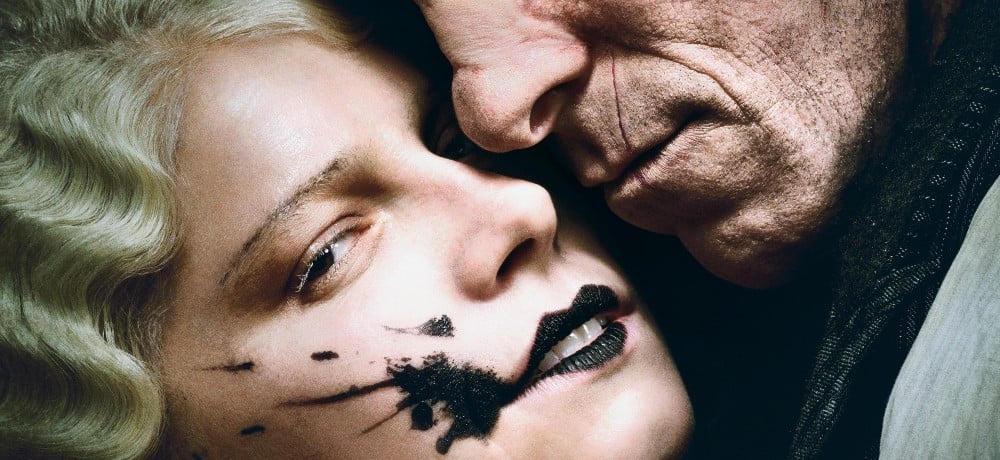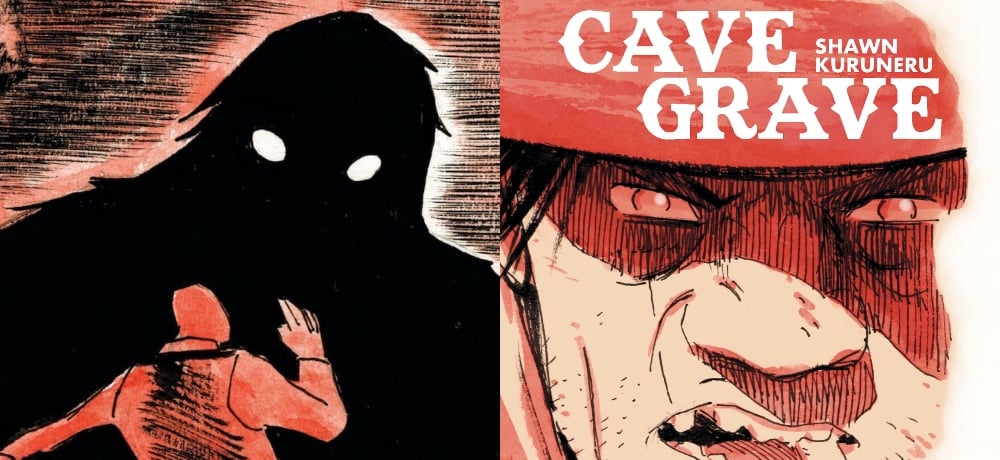





At Park City for the 2017 Sundance Film Festival, Daily Dead had the opportunity to speak with two of the filmmakers behind Berlin Syndrome, director Cate Shortland and producer Polly Staniford, who discussed their approach to the project, creating complicated characters and equally complex relationships, how they hope the film opens up a dialogue about abuse, and more.
Read on for more from both Shortland and Staniford, and be sure to stay tuned for more Sundance coverage right here on Daily Dead.
Great to speak with you both today. I'd love to start off by hearing how you found the source material for Berlin Syndrome, and what you recognized in the book that you thought would make for a great film.
Polly Staniford: I read the book in 2011. It was pitched to me by the publishers, and I read it and was very instantly attracted to the book. I loved the characters, and I loved this idea of these two people in an apartment involved in a very strange, kind of erotic, and obsessive relationship. I also felt that it was a project that could be developed quite quickly, and it was very marketable and pitchable, and so I auctioned it and went from there.
Did you always know that Cate would be the one directing it?
Polly Staniford: Cate was definitely my first choice for director, yeah. I talked to her about the story–
Cate Shortland: –and we have to mention Shaun Grant, who wrote the first few drafts of the script for this, and he's a great writer. It felt like a strong team, and I love the mix of genre and edge, the sexual omen in the relationship, and the history element; it had all this stuff that weaved a really beautiful tapestry.
I’d love to discuss the character of Andi, because what he does is so subtle, and there are parts of you that really want to hate him for what he's doing to Clare, but there's a sadness to him, too, where you don’t completely villainize him, either. Was that something in the backs of your minds, that you didn’t want to make this the standard “good versus bad” type of story?
Cate Shortland: Yeah, he is the perpetrator, but what's interesting to Polly and I is that both of them are trapped in a reciprocal relationship. Clare's victimized, of course, but he's trapped as her jailer, too, and that was really interesting to both of us that it wasn't all just black and white.
Again, it's very reflective of real human relationships. Everybody is like, "I would just do this and this and this," but that's what we all say. We don't know that. This movie is an extreme version of a real situation that happens to a lot of people in their lives, and that someone doesn't have to lock the door for you to be trapped in a situation.
Polly Staniford: A lot of people stay in relationships they're not happy in for whatever reason, whether it's an emotional attachment or financial security or whatever it is. What do you do if you literally can't get out? Definitely, like what you said before, we're attracted to the idea of getting to know Andi, so he wasn't just this perpetrator or this antagonist, but actually he's a rich, kind human with a great number of flaws, but he's also got moments where he identifies with her, and to me, that's one of the unique parts of the film and how he attracted Clare in the first place.
The one thing that I have to give credit for is how in the first five to ten seconds that we meet Clare, we don't see her face. It's her hands, and that's obviously a very predominant theme in the movie—the idea of touch and human connection. Can you guys discuss that?
Cate Shortland: Polly and I were really interested in making her a relatable character so that young women could watch her and see themselves, see their own excitement when they travel overseas. If they're from a small town and they feel that insecurity about where they come from, she's all of those things. She's an Australian girl going to Europe without cultural cringe, and so starting a film where we can't see her face, she becomes a lot of young women, and she is filled with a lot of young women's excitement.
That was really important to us, just because we want young women to see the film and to talk about it, to talk about the issues in it, and the hands, for me, are about touch, about empathy, about how you keep out humanity, and our vulnerability in human situations, and the contradiction in the film is they're still kind of attracted to each other when they shouldn't be, when she shouldn't be, and that's what we often don't talk about.
How was it working with Teresa [Palmer] and Max [Riemelt] on the film? This film feels very intimate, so I’d love to hear how you approached the material with them.
Cate Shortland: Well, we had a two-week rehearsal, and it was about them reacting to each other and not acting. They had to know who they were. We drew on personal stories, but also we just became really physical in rehearsals and almost took the text out of it so that it was coming from an instinctual, truthful place, and they weren't bothering with trying to get something right.
So then what we focused on was who are they as human beings, and what do they want? What are the terrible things he wants? What's he done? What did he do to that other girl? What's he thinking about when he sees her? Because what I love about both of their performances, when we see them on screen, you can see both of them thinking, and that's always really important to me. Especially when it's not a dialogue-driven scene. You have to be completely engaged with them as a viewer.
Then, we worked with the choreographer when they went to Australia, and that was really great because she ripped away all of the bullshit, really, as well in terms of the violence and the sex scenes. They really could relax and not worry about acting and could just be themselves. It was the easiest and most beautiful sex scene I ever shot, too, because they were so comfortable with each other at that point.
Obviously, we're in this really interesting crux right now, both politically and socially. I know you've been to Sundance before, but with everything that's been going on recently, in particular with the Women’s March, how much does it mean to be at this Sundance as a female filmmaker and to represent your project here?
Cate Shortland: I was really worried about releasing the film in this environment, and now I realize it's actually the perfect time to release the film because young women, or any woman really, can go into that film and relate to some aspect of Clare and maybe even in Andi, and hopefully that can help them talk about what is controlling their lives. What are the structures that we're all controlled by? That at the moment is a huge issue, and we are really starting to realize those kinds of forces are much more present than we thought they were say, five years ago.
We're all realizing now the things we took for granted. And in my way, I also think the areas I've felt that I related to many women, I now realize those women voted for Trump. They're living with Trumps. Because if you can vote for someone who says those things about women, you're used to that swing language, and so for me, I'm thinking, "Wow, I was pretty arrogant," and realizing that we all need to be a lot more open and really listen to each other. And I'm hoping the film creates a dialogue so that women can talk about some of the issues of what is happening at the moment.
———
In case you missed them, check out Heather's review of Berlin Syndrome and her interview with co-stars Teresa Palmer and Max Riemelt.
*Above photo courtesy of Sundance Institute / Adam Arkapaw.